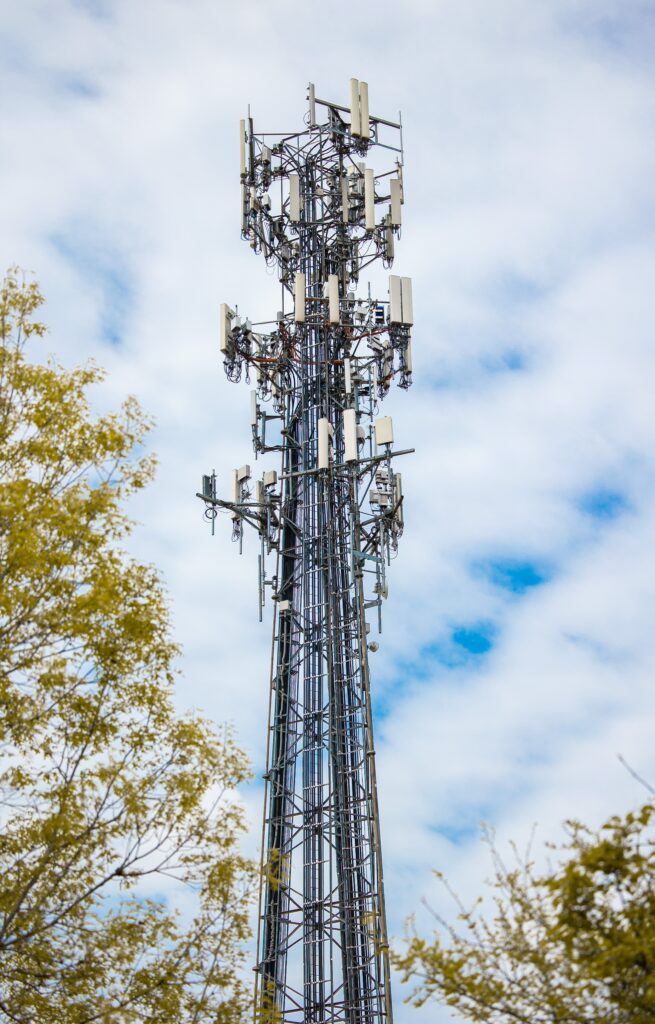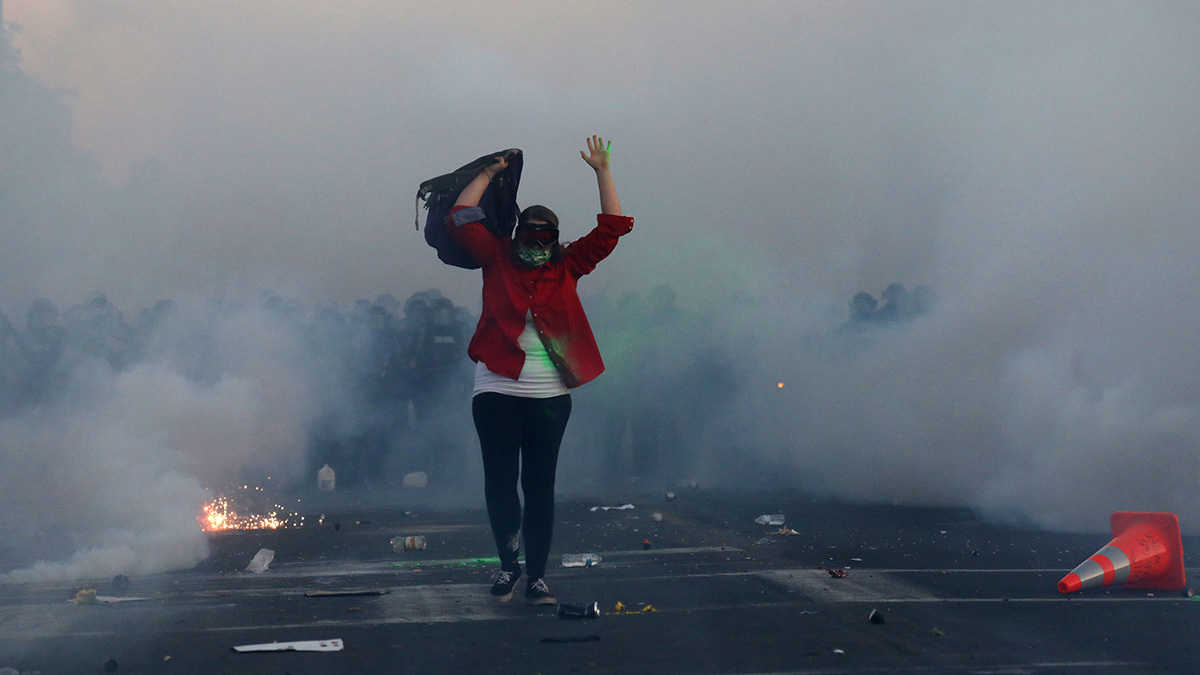In the age of social media, it’s hard to imagine a world without the internet. But for protesters around the world, that’s a reality they face every day.
If you’re planning on protesting and the authorities cut off the internet, here are some tips on how to survive:
1. Use alternative means of communication.
If the authorities shut down the internet, try using alternative means of communication, such as text messages or good old landline phones. Speaking from experience, if you are protesting and internet gets shut down. Try to find your nearest mobile or cellular tower. Usually you can access data connection at very low speeds near cellular towers even if internet is shut off.

Over the last few years we have seen that while governments can readily shut down internet to disrupt protesters, they are not too keen to shut off cellular data. Why? Because a lot of government officials and law enforcement agencies are also dependent on cellular data. Their whole chain of command breaks down if they shut off cellular data.
However if your protest is limited to a certain area, then the government can totally shut off internet and cellular data in that particular area.
In such a situation it is wise to have applications like the Bridgefy app. Protesters in Hong Kong, Myanmar and Pakistan have used Bridgefy to defy internet shutdowns. The app uses your bluetooth to connect with other users with the same app within 100 metres. You can connect over long distances if others have Bridgefy app. The messages will simply hop over other available devices in the area, till they reach the intended receiver.
2. Get creative with your protests.
In a world without the internet, you’ll have to get creative with your protests. One way to do this is to use graffiti as a form of protest. For example, during the Egyptian revolution, protesters wrote slogans on walls and sidewalks. You can also use street art to spread your message.

It also becomes a headache for the authorities to get rid of it. So it not only conveys the message but also creates disruption.
3. Use social media to your advantage.
Even if the authorities have cut off the internet, you can still use social media to your advantage. One way to do this is by using encrypted messaging apps, such as Signal, Telegram or WhatsApp. You can also use social media to spread information about your protest and coordinate with other protesters, prior to the protest so that everyone knows where to gather. But of course this only works when your government gives you time to plan and prepare.
Most authoritative regimes won`t let you plan. Especially your protests become prolonged, so social media in case of authoritative regimes can only help you in the beginning.
4. Gather people offline.
Even without the internet, you can still gather people offline. One way to do this is by using fliers or posters to spread information about your protest. You can also hold meetings or rallies to get people involved in your protest.

Of course gathering people offline, the good old way is not easy and requires a lot of planning and time commitment. We have planned a detailed article on networking and gathering people offline. So make sure to check it out once it is up.
5. Keep your protests peaceful.
One of the best ways to ensure that your protest is successful is to keep it peaceful. If you can stay calm and collected, even in the face of adversity, it will show the authorities that you’re serious about your cause. It will also make it more difficult for them to justify using violence against you.
So these were some of the ways you can survive and even thrive during an internet shutdown. But of course, the best way to avoid an internet shutdown is to prevent it from happening in the first place. And the best way to do that is by raising awareness about the importance of a free and open internet. So make sure to share this article with as many people as possible.



